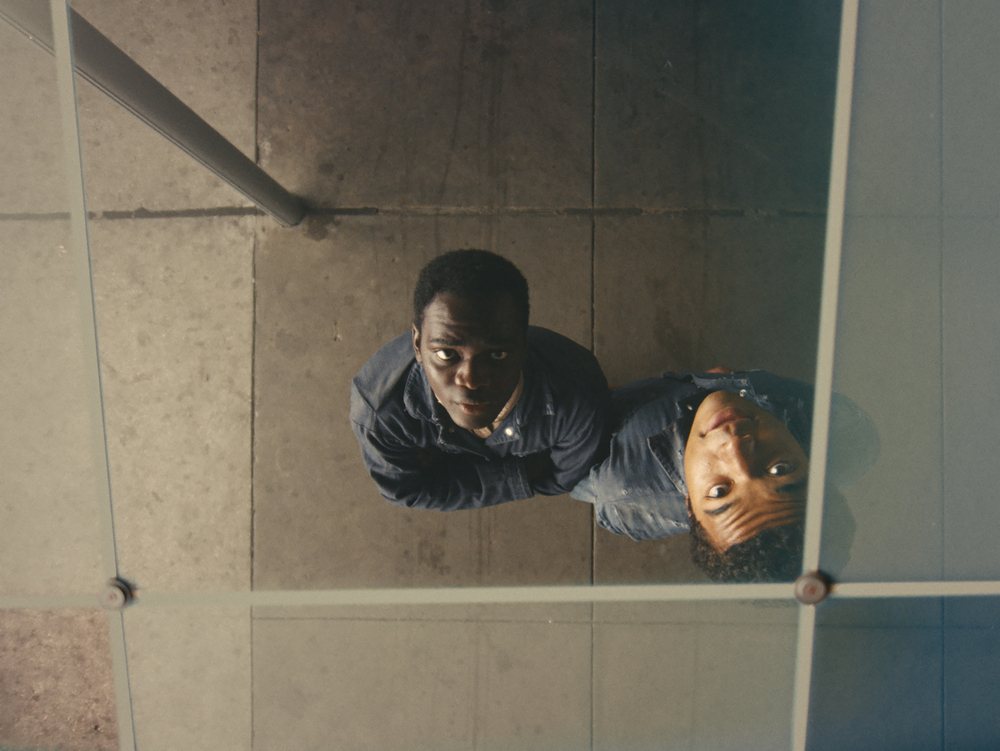Nickel Boys

Ethan Herisse and Brandon Wilson star in NICKEL BOYS. (Photo: Orion Pictures)
Rarely do we see the faces of the title characters in Nickel Boys, but we experience their subtle rage and feel their shattered dreams.
Rich in meticulous visual detail, the captivating narrative debut of documentary filmmaker RaMell Ross (Hale County This Morning, This Evening) is both charming and infuriating as it explores adolescent innocence colliding with the realities of segregation and oppression in the Jim Crow South.
Ambitiously adapted from the Pulitzer-winning Colson Whitehead novel, it’s a smart and sophisticated drama that intimately examines prejudice and brotherhood while bringing a fresh rhythm to familiar coming-of-age themes.
The first-person approach begins with timid yet precocious Elwood (Ethan Herisse), who grew up under the sheltered eye of his grandmother (Aunjanue Ellis-Taylor) in early 1960s Florida, being sent to a rural reform school called Nickel Academy.
Seeking growth and self-expression, instead he’s subject to strict obedience and conformity in an abusive prison-like environment, uncertain who he can trust.
He finds an ally in Turner (Brandon Wilson), a more impulsive and cynical classmate who hardens Elwood’s moral compass and his outlook on the future. Their partnership becomes a mutual coping mechanism amid the daily subjugation.
Graduation seems like the least of their worries. As Elwood is reminded by a former classmate years later: “The one thing Nickel taught me was how not to die.”
While the first-person perspective and shifting chronology initially feels like a disorienting gimmick, instead it’s a vessel for Ross to add layers of authenticity and empathy. We experience the story through their eyes — whether it’s fixating on the beauty of inanimate objects or witnessing more overt acts of cruel intolerance or blatant discrimination — rather than causally observing from afar.
Supported by deeply felt performances, Ross incorporates some of the same avant-garde lyricism from his nonfiction work in conveying a stylish and immersive evocation of the period.
Although the screenplay indulges in some heavy-handed tendencies and the periphery characters lack depth, on a broader scale it incisively probes masculinity, the fragile bonds of friendship, and the lingering trauma stemming from systemic discrimination.
The film is more chilling when you consider how trusting and well-meaning these kids are, and how their journeys represent countless others from similar cultural and socioeconomic backgrounds.
In that regard, Nickel Boys is the ultimate hard-earned lesson in resilience and mental fortitude, infused with morality and humanity.
Rated PG-13, 139 minutes.